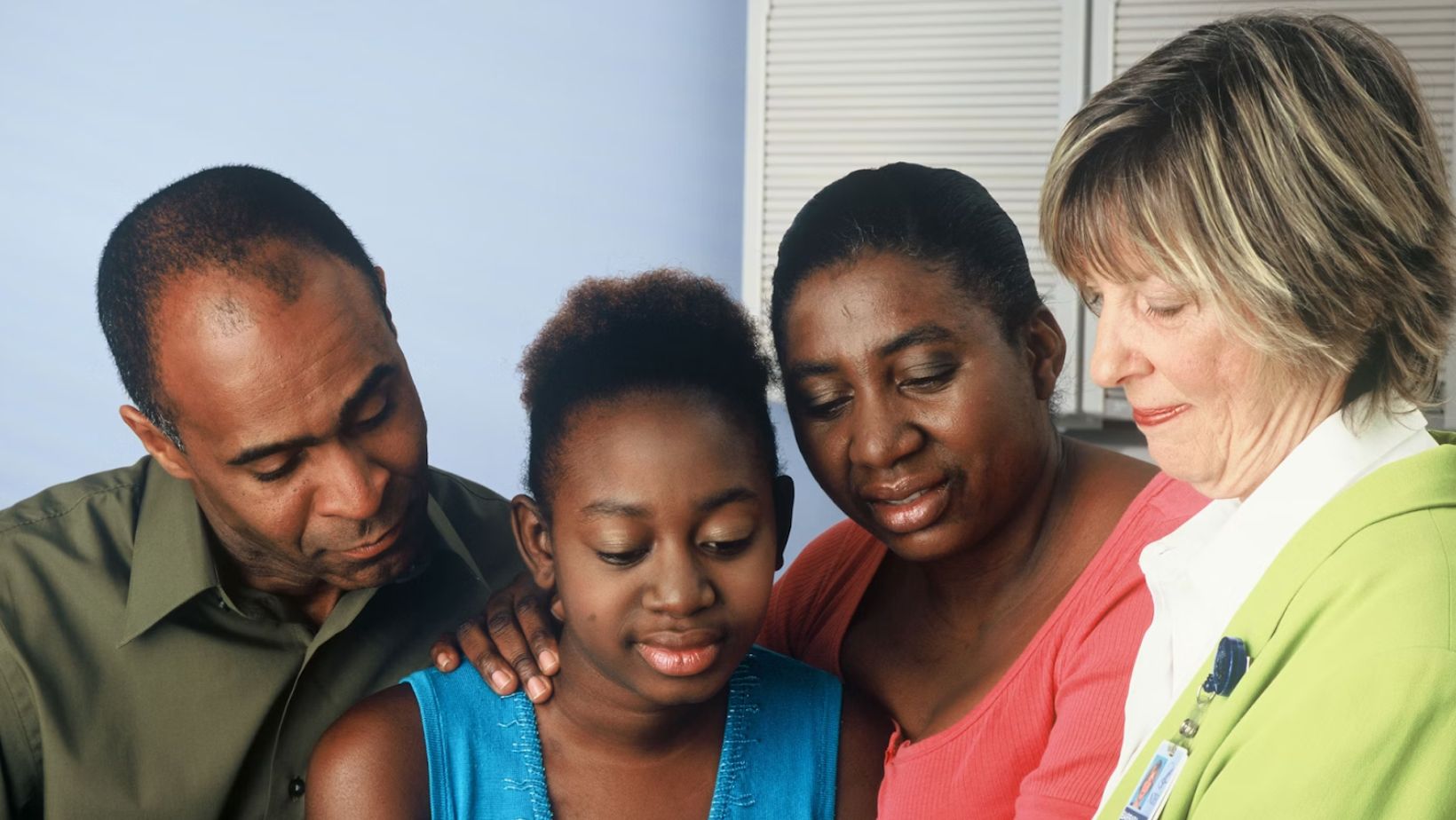Emergencies can strike at any time, and being prepared can make the difference between life and death. Whether it’s a fire, natural disaster, medical emergency, or something else, knowing how to respond quickly and effectively is crucial. In Canada, where harsh weather and unpredictable events can cause widespread damage, emergency preparedness is not just a good idea—it’s a necessity.
Table of Contents
ToggleWhy Being Prepared Matters
According to the Canadian Red Cross, emergency preparedness can save lives and minimize property damage. In fact, a 2021 survey revealed that 54% of Canadians do not have an emergency preparedness plan in place. This lack of preparedness can lead to unnecessary confusion, panic, and delays in critical moments.
In an emergency, every second counts. Whether you’re dealing with a medical issue, a fire, or even a car accident near your home, knowing what to do can prevent serious harm. However, the first step in preparing for home emergencies is to understand the types of emergencies that could affect your area.
Common Home Emergencies
Home emergencies can take many forms, ranging from fires and floods to medical emergencies and break-ins. In Canada, severe weather events like ice storms, floods, and wildfires are frequent threats, particularly in areas like British Columbia and Ontario. The Government of Canada reports that the frequency and severity of natural disasters have been increasing due to climate change, making it more important than ever to be prepared.
Other common emergencies that can occur in the home include:
- Fires: The Canadian Fire Safety Association reports that fire causes around 100,000 incidents every year. Many of these fires are preventable with proper precautions and awareness.
- Medical Emergencies: Heart attacks, strokes, and injuries happen without warning. Knowing how to respond to a medical crisis can save a life. According to the Heart and Stroke Foundation of Canada, more than 70,000 Canadians experience a heart attack every year.
- Break-ins: Though property crime has been declining in many parts of Canada, break-ins and robberies still occur regularly. Home security systems and preparedness plans can help protect your family.
Steps to Prepare for Home Emergencies
-
Create an Emergency Plan
The first step in preparing for an emergency is creating a detailed plan. Involve your family in the process so everyone knows what to do when disaster strikes. Your plan should include:
○ Escape Routes: In case of a fire or other evacuation scenario, make sure everyone knows how to leave the home safely. Have multiple exits in mind.
○ Meeting Points: Establish a safe meeting spot where everyone can gather in the event of an evacuation.
○ Contact Information: Ensure all family members know how to contact each other during an emergency, especially if you’re separated.
-
Stock Emergency Supplies
Ensure that your home is equipped with necessary supplies, including:
○ First Aid Kit: Stock a well-stocked first aid kit with bandages, antiseptic, pain relievers, and other essential items.

○ Fire Extinguishers: Every home should have fire extinguishers in easily accessible areas, particularly in kitchens and garages.
○ Water and Non-Perishable Food: Keep enough water and non-perishable food to last for at least 72 hours in case of power outages or natural disasters.
○ Flashlights and Batteries: Have reliable light sources in case of power failure.
-
Take a First Aid and CPR Course
Knowing how to perform first aid or CPR (cardiopulmonary resuscitation) can be life-saving in emergencies. In Canada, Coast2Coast First Aid emphasizes the importance of CPR, stating that if administered quickly, CPR can double the chances of survival for someone experiencing cardiac arrest. In cities like London and Ontario, CPR training is widely available, and taking such courses is highly recommended. Local organizations offer training that can prepare you to assist in emergencies, both at home and in public spaces.
-
Install Smoke and Carbon Monoxide Detectors
Smoke and carbon monoxide detectors are critical for preventing fatalities in the event of a fire or gas leak. According to Statistics Canada, more than 4,000 fires in residential buildings are caused by cooking accidents each year. Detectors can alert you early, giving you more time to respond.
-
Secure Your Home
Home security isn’t just about protecting your property. It’s about keeping your family safe from intruders.

Invest in locks, alarm systems, and outdoor lighting to deter criminal activity. Having a security plan in place will help ensure your home is as safe as possible.
Regularly Evaluation Your Plan
Emergencies are unpredictable, so it’s important to review and update your emergency plan regularly. As your family grows or your circumstances change, be sure to adjust the plan to accommodate new needs. Revisit your emergency supplies to ensure everything is up to date, and practice your plan to ensure everyone is familiar with it.
Be Prepared for Emergencies
Emergencies can happen at any time, but with proper planning, you can ensure that you and your family are ready to respond quickly and effectively. From creating an emergency plan to taking London CPR training, every step you take now will help you be prepared when it matters most. In Canada, where weather and natural disasters are becoming increasingly unpredictable, this level of preparedness is crucial. Don’t wait for an emergency to catch you off guard—start preparing today.





